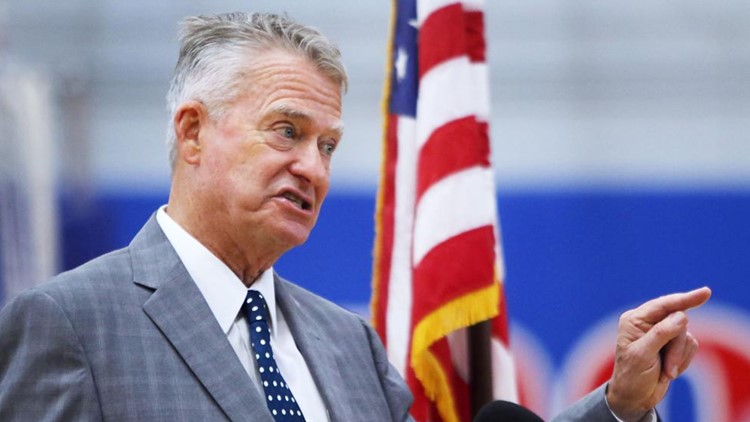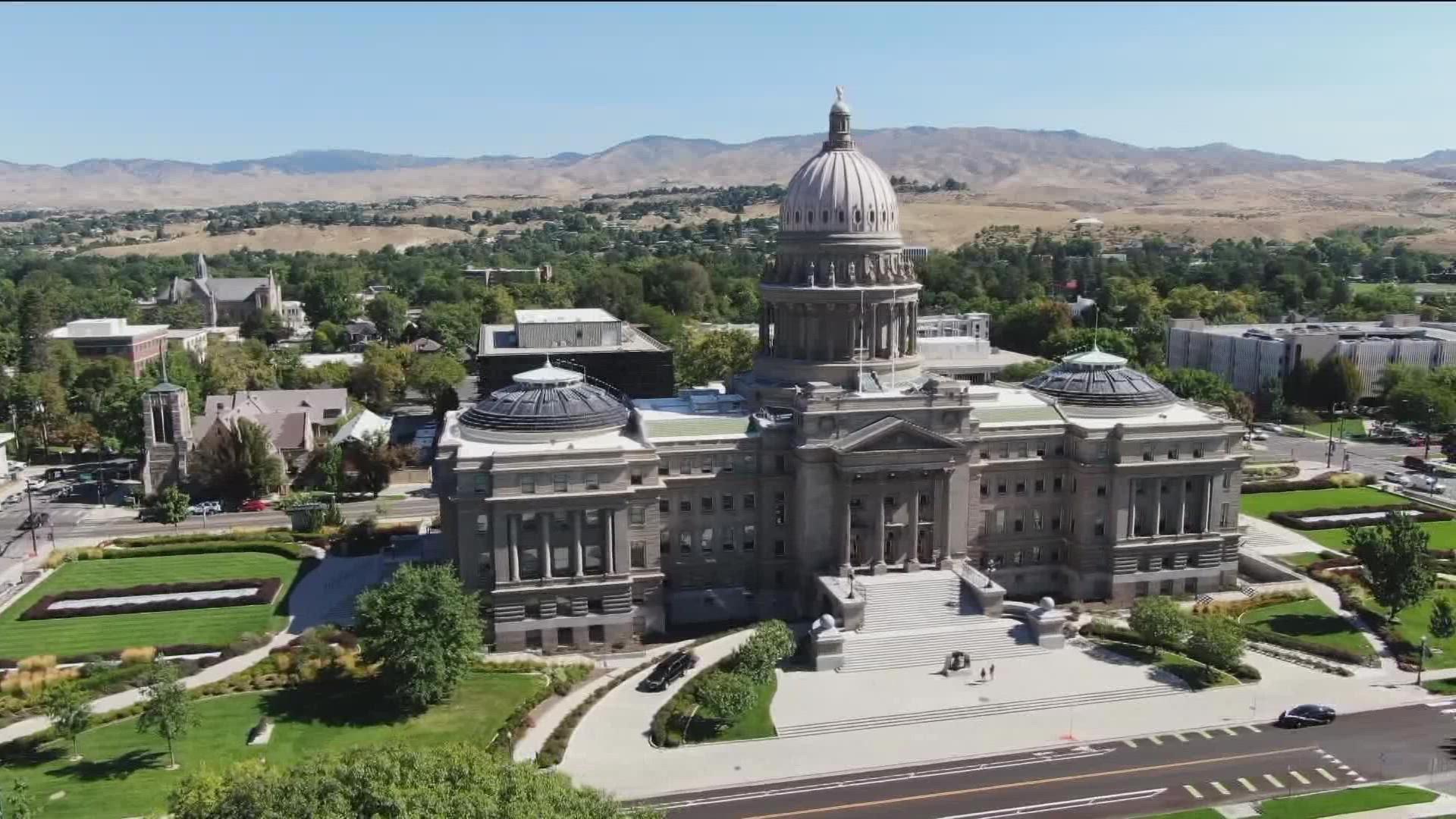BOISE, Idaho — This article originally appeared in the Idaho Press.
A virtual town hall-style discussion with Gov. Brad Little on Tuesday centered on the governor’s legislative priorities and concerns of residents around the state.
“State spending has been growing at a very slow rate, and now, we are reaping the harvest,” Little said during his opening remarks before taking questions from callers. The state’s robust economic recovery is putting the state on track to be able to spend on important issues such as education and infrastructure, he said.
Hosted by AARP of Idaho, the call is part of a series where residents can connect with the governor and learn about state goings-on. It is also a chance for the governor and his staff to take feedback from residents and use it to make policy changes, Little said. Tuesday’s callers asked Little about a wide range of topics from Medicaid rates and education to roads and broadband access.
MEDICAID RATES FALLING SHORT
Two callers wanted to know what could be done to address Medicaid reimbursement rates in the state. One caller expressed difficulty helping a relative secure a spot in a long-term care facility because the relative has dementia. Many facilities have space, but the Medicaid reimbursement rate does not begin to cover the extra resources required to provide care to patients with memory issues, the caller said.
The other caller expressed a similar concern, saying Medicaid rates should be raised to allow seniors to receive care they need in their homes. One caller expressed not wanting to live in a long-term care “institution” while another said she would not qualify to do so because she is on Medicaid.
Rates and the number of staff available to work in long-term care roles are both significant issues, Little said. Many long-term care facilities are having trouble retaining staff, especially those with additional skill sets, he said. Little’s administration is working to beef up nursing programs around the state to graduate the next wave of Certified Nursing Assistants, or CNAs. They are also working through the Idaho Workforce Development Council and apprenticeship programs through high schools to train people in skills they would need for a nursing career, but the results will take time, he said.
“We’re doing a lot, but I can’t snap my fingers overnight because of the incredible shortages we have right now,” Little said.
As for the rate increases, there are increases proposed in the current state budget that have been pretty well received by legislators, said a staff member of Little’s who was also on the call.
NEED FOR BROADBAND AND ROAD IMPROVEMENTS
Multiple callers asked the governor about plans for road improvements in the state. One caller from Harrison, about an hour’s drive south of Coeur d’Alene, brought up the need for improved broadband access and an interest in having dirt roads paved in his community. He questioned the wisdom of reducing taxes before investing in needed infrastructure.
Thanks to $500 million in state and federal funding for roads, Little anticipates that the state will be able to make significant road improvements as well as cut taxes this year, though it will be up to local jurisdictions to decide which roads should be paved, he said.
“I will guarantee you that your local roads are going to get better,” Little said.
As for broadband expansion, the Statewide Broadband Committee is recommending where to make improvements, Little said. Communities can share a proposal to find a contractor or entity willing to develop in an under-served region, Little said.
PROPERLY FUNDING EDUCATION
One caller asked whether given the budget surplus, more money would be directed to help fund education in the state and ease the pressure on property owners from supplemental levies.
A bill that just cleared the Senate Education Committee, HB 433, and is headed for approval by the entire Senate would bring teacher health care expenditures by the state on par with other state employees.
Little says he is planning to increase teacher pay by 10% and infuse over $1 billion in funding for K-12 education into Idaho over the next five years, helping decrease the need for supplemental levies.
This article originally appeared in the Idaho Press, read more on IdahoPress.com.
Watch more Idaho politics:
See all of our latest political coverage in our YouTube playlist:



